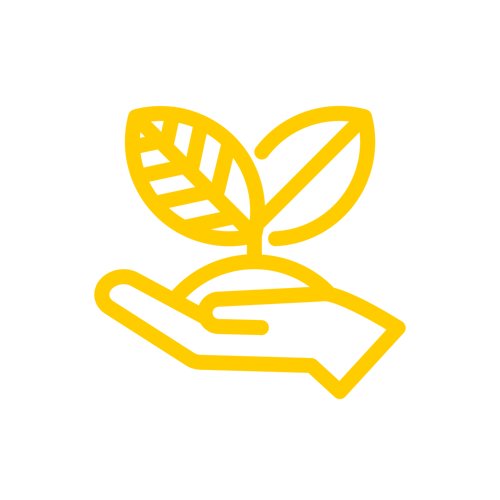Big changes ahead. Stay tuned!
Big changes ahead. Stay tuned!
Nothing here
Start typing to search
Searching..
Nothing matches
There are no matching results.
Sorry!
There has been an error.
Big changes ahead. Stay tuned!
Big changes ahead. Stay tuned!
Nothing here
Start typing to search
Searching..
Nothing matches
There are no matching results.
Sorry!
There has been an error.
What is Waqf
Waqf is a beautiful forgotten islamic tradition of giving. It transforms lives and communities.
It involves donating assets or property for public benefit, The donations are used to support vital services such as: education, healthcare, and many other.
By establishing a waqf, individuals create a lasting legacy, making a positive impact that endures for generations.
Waqf in Islam
In Islam, a waqf (Arabic: وَقْف) is an inalienable charitable endowment. The term “waqf” literally means “confinement and prohibition,” signifying that the donated assets are to be preserved and used for charitable or religious purposes indefinitely.
Once an asset is designated as waqf, it cannot be sold, transferred, or given away. This ensures that the benefits from the waqf continue to support the community perpetually.
Step 1: Choose your preferred Waqf share.
Step 2: Donate a Waqf share.
Step 3: We invest your donation in a low risk sharia compliant investment carefully chosen by our investment committe.
Step 4: Most of the income is used to support your chosen charity projects.
Step 5: A part is reinvested to grow your donation year after year
1. Irrevocability: Once an asset is designated as waqf, the decision is final. The asset cannot be reclaimed by the donor.
2. Inalienability: The ownership of the waqf property is transferred to Allah (ﷻ), meaning it cannot be used for personal gain. The asset is preserved, and only its benefits are utilised for charitable purposes.
3. Perpetuity: A waqf is established to last indefinitely. The principal asset remains intact, ensuring that the benefits continue to support the designated charitable causes over time.
4. Specific Purpose: The donor (waqif) specifies the purpose for which the waqf income should be used. This could include Emergency Aid, Orphans,.....etc.
5. Transparency and Accountability: Effective waqf management involves transparency and periodic reporting to ensure that the waqf is being utilised as intended.
6. Management by a Trustee: A trustee (mutawalli) is appointed to manage the waqf and is responsible for maintaining the asset and ensuring that the income generated is used according to the donor’s intentions.

Irrevocability

Inalienability

Perpetuity

Specific Purpose

Transparency and Accountability

Management by a Trustee